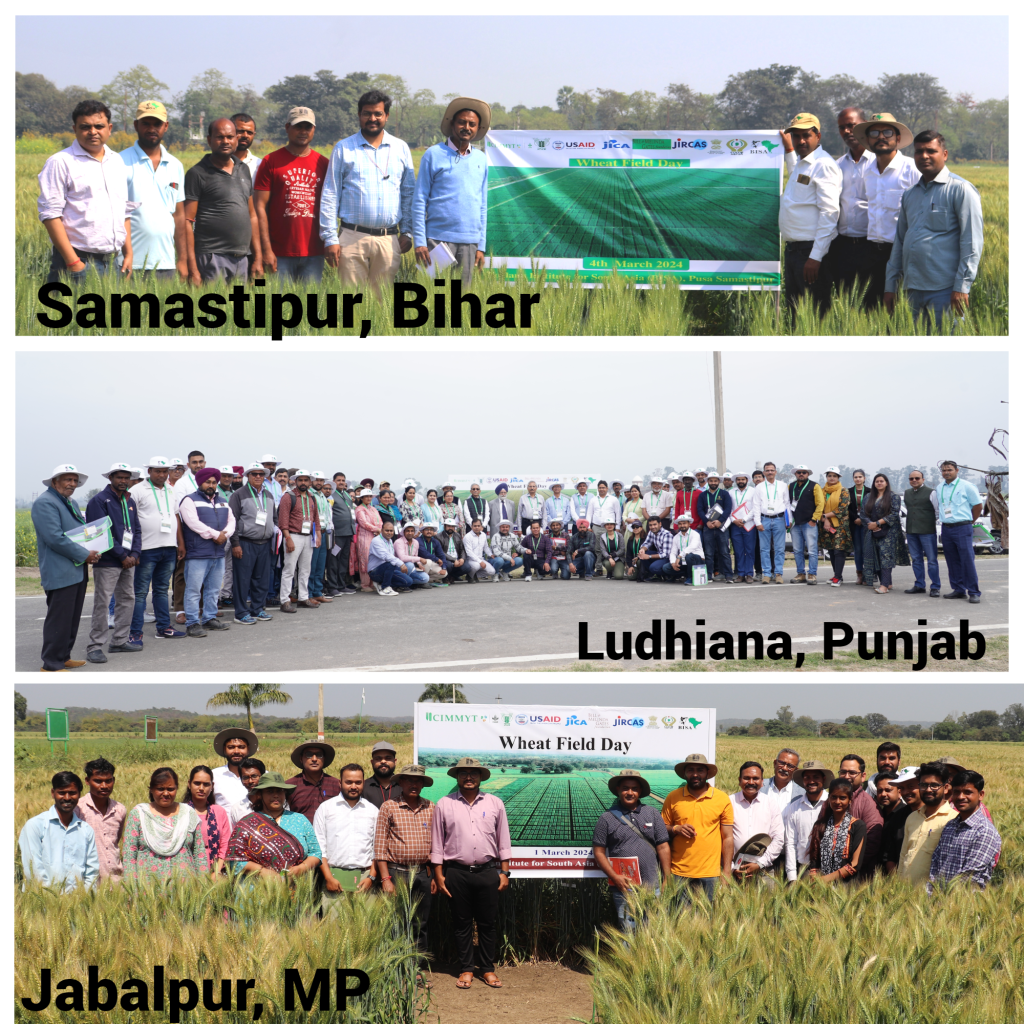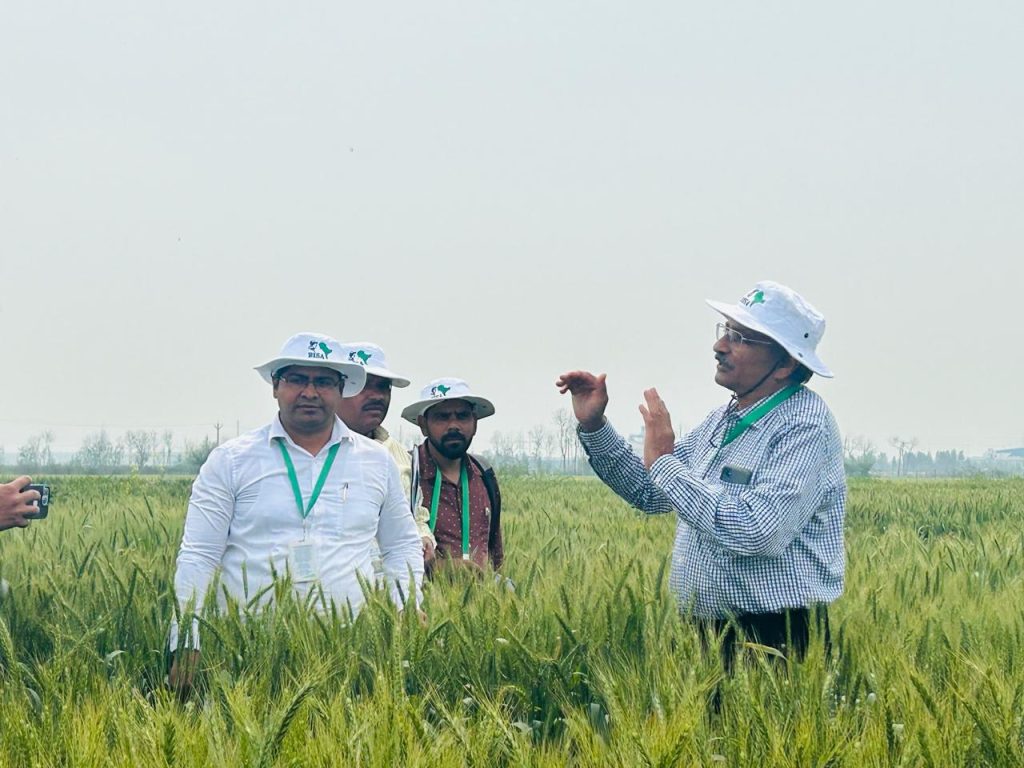Greater successes through NARS partnerships
BISA has been an exemplary partner in building and supporting a strong ACASA team and establishing strong, financially supported partnerships with NARS
By Tess Russo

The Atlas of Climate Adaptation in South Asian Agriculture (ACASA) project is different from many projects supported by our team. I would love to dive into the promising features of the ACASA platform and the exciting technical advances being made, but I want to focus here on how the Borlaug Institute for South Asia (BISA) has organized this program for greater and longer-term impact.
BISA is a strong regional partner and is the lead institution for the ACASA program. In fact, we could have simply asked BISA to build the ACASA platform and known they would make a great technical product. However, our goal is not just to have great technical products, but also to improve the lives of small-scale producers. For any great technical product to deliver impact, it must be used.
From day one, the ACASA program has not just kept the users’ needs in mind, indeed they have kept the users themselves engaged on the project. By establishing strong, financially supported partnerships with the National Agricultural Research Systems (NARS) in Bangladesh, India, Nepal, and Sri Lanka, they are achieving four key outcomes, among many others:
- Benefit from local expertise regarding national agricultural practices, climate risks, and solutions
- Leverage NARS connections to national and subnational decision makers to inform product requirements
- Establish national ownership with a partner mandated to support users of the product
- Strengthen climate adaptation analytics across South Asia through peer-to-peer learning.
These outcomes lead to more accurate and appropriate products, user trust, and the long-term capacity to maintain and update the ACASA platform. The latter being essential given the constantly improving nature of our understanding of and predictions around climate and agriculture.
If this model of working has such advantages over “if you build it, they will come”, you might wonder why we do not use it in all cases. This approach requires divergence from business-as-usual for most researchers and is not without a cost. The BISA team are not only putting deep emphasis on the technical development of this product, but they are also spending considerable time, effort, and budget to create a program structure where the NARS are catalytic partners. The NARS teams are empowered on the project to contribute to methodologies used beyond their national boundaries, they have the task of making the best data available and validating the outputs, the responsibility of understanding and representing stakeholder requirements, and the ownership of their national platform for long-term use. BISA has developed a structure of accountability, provided funding, facilitated team-wide and theme-specific workshops, and shared decision-making power, which all presents additional work.
In the end, we encouraged this approach because we see too many decision support tools and platforms developed by international researchers who merely consult with users a few times during a project. These efforts may result in building captivating products, meeting all the needs brainstormed by the research team, but their future is sitting in a dusty (and unfortunately crowded) corner of the internet. While this this approach seems fast and efficient, the efficiency is zero if there is no value gained from the output. So, we look for other ways to operate and engage with partners, to work within existing systems, and to move beyond theoretically useful products to ones that are used to address needs and can be evolved as those needs change. BISA has been an exemplary partner in building and supporting a strong ACASA team, and we are eager to see how each NARS partner leverages the ACASA product to generate impact for small-scale producers.
Tess Russo is a Senior Program Officer, Bill & Melinda Gates Foundation (BMGF), Seattle, USA






